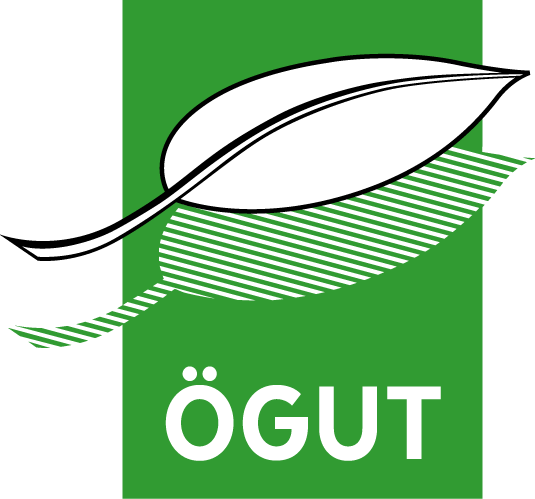Project
IEA User-Centred Energy Systems – Empowering All: Gender Equality for the Energy Transition
Client Austrian Research Promotion Agency (FFG)
Status/Duration ongoing
Previous work in the project has shown that in countries with higher income levels little attention is paid to the issue of inclusive energy (technology) use. To this end, OEGUT has developed a factsheet on inclusive energy technology use, a case study on energy consulting, and an analysis on national energy strategies.
The follow-up project will develop a survey tool to better understand gender aspects in energy use. The focus will be on hard-to-reach energy users (e.g., elderly single women with migration background, insufficiently networked persons,...). Furthermore, support for inclusive technology development will be worked out. The Austrian contribution also aims to support international work, to address Austrian specifics and to make international research results accessible for national implementation.
Factsheet: Designing Energy Technologies that are Meaningful and Usable for All
OEGUT has developed a factsheet as part of the Users TCP task "Empowering all. Gender in policy and implementation for achieving transitions to sustainable energy". It was developed on the basis of the recommendations for action from the study "Digital inequality, how it arises, what it causes...and what can be done against it" (2019, DE), in which OEGUT was involved. It is intended to serve as an aid for energy technology developers. The factsheet was tested in two online workshops with technology developers. Feedback from the workshops was incorporated, the experiences from the gender analysis on building an inclusive digital energy community and the Dutch case study on smart grids (EN) were also taken into account.
The factsheet is kept general, brings a first introduction to the topic and is published as a project publication. Further factsheets for different energy technologies and target groups are planned.
- Factsheet PDF (DE): Creating energy technologies that are meaningful and usable for all
- Factsheet PDF (EN): Creating energy technologies that are meaningful and usable for all
Austria's Energy Strategies Show a Need to Catch up when It Comes to Taking Social Aspects into Account
An analysis of Austrian energy strategies shows that they are very technically oriented and contain few direct and clear links to social dimensions and societal challenges. Users are not differentiated in detail, and many user groups are not considered. Furthermore, users are largely portrayed as passive, whose acceptance of the energy transition must be increased. There is no focus on their active participation.
Case Study Energy Consulting: A Tool for Inclusion?
Energy efficiency, climate neutrality in heating as well as in electricity consumption are relevant aspects for the implementation of the energy transition. In addition, long-term cost reduction for energy use is increasingly relevant for consumers and households. In Austria, therefore, company-independent energy consulting is offered and required refurbishments are partly funded (Stadt Wien, 2022).
The case study analyses to what extent the tool of company-independent energy consulting in Austria addresses different target groups and takes gender and diversity aspects into account.
Background:
The Energy Technology Network of the International Energy Agency (IEA) promotes global exchange on the topic of renewable energies. Around 6,000 experts from 54 countries work together in a total of 38 technology programs, the so-called "Technology Collaboration Programs" (TCPs). The national program "IEA Research Cooperation" enables Austrian experts to actively participate in this network.
This project is carried out within the framework of the IEA Research Cooperation (EN) on behalf of the Federal Ministry for Climate Protection, Environment, Energy, Mobility, Innovation and Technology.
